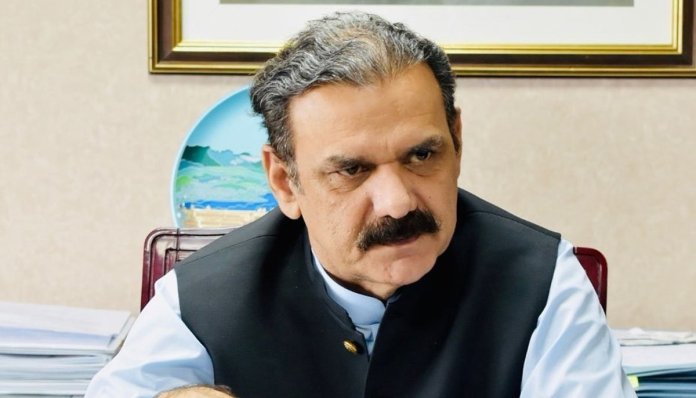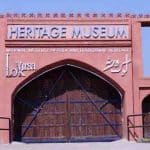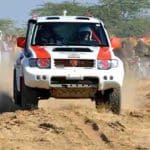KARACHI, CPEC Authority Chairman Lt General (retd) Asim Saleem Bajwa Tuesday said no power on earth could sabotage China Pakistan Economic Corridor (CPEC) as it was the country’s national project.
Addressing a ceremony at Karachi Chamber of Commerce and Industry (KCCI) here, he said CPEC, being a flagship project of the Chinese Belt and Road Initiative, had improved the road connectivity between the two countries and would do so further.
On eastern alignment of CPEC, Bajwa said only one section Sukkur-Hyderabad was left that had already been launched by the Prime Minister Imran Khan recently.
He said the request for proposals of this project would be completed under public private partnership mode and floated within a month and after that the ground work would be started.
“Now our full focus is on western alignment,” he said adding motorway from Islamabad to Dera Ismail Khan (DI Khan) was at final stage while the DI Khan to Zhob motorway project had also been approved by the Chinese side.
Similarly he said the ground work on road from Zhob to Quetta had also been started whereas Quetta to Khuzdar, Khuzdar to Awaran and Hoshab, and Khuzdar-Basima roads were also under construction and all of them would be connected with different areas of Balochistan and Sindh with Gwadar.
Within next three years, all these routs would be connected, he added.
Bajwa said the western alignment passed through remoter areas where there was extreme poverty.
The road projects under CPEC would improve connectivity and create new job opportunities for the people lining along the roads, he said adding this would ultimately bring prosperity in the area.
The CPEC Authority chairman said, “We are now moving beyond energy and road infrastructure to agriculture, Special Economic Zones (SEZs), tourism, science technology and information technology”. He said the poverty alleviation could be ensured through the above mentioned measures being executed under CPEC Phase-II.
In agriculture sector, he said, “We are moving towards corporate farming and community farming for which we are working with the provinces.”
Similarly in industrialization sector Rashakai and Faisalabad, the work was in full swing and number of industries were being installed.
In Rashakai SEZ, he said 1,000 acre of land had been allocated but some 2,000 applications had so far been received for which 3,600 acres of land was required.
Bajwa said a Canadian and German joint venture had applied for Allama Iqbal SEZ Faisalabad.
Similarly a group of Pakistani American doctors was also interested in electro medical equipment manufacturing, he said adding likewise lot of people were interested in Dhabeji zone in Sindh which was more suitable for many investors because of easy approach to Karachi port.
With respect to the industrial development under CPEC, Bajwa said keeping in view the rising interest of foreign investors in the Gwadar Free Zone, the government had decide to launch second phase of the zone spanning over an area of 2,200 acres.
The foreign investors, he said were already showing interest in the second phase that would help bringing huge foreign direct investment in the country.
He said the first phase of the Gwadar Free Zone was launched two years ago on 60 acres of land which was now “fully colonized and well-populated”.
He said six out of 12 factories had been completed while the rest were under construction. Out of the completed industries, one had also started its production, he added.
He said overall work on Gwadar port and other projects in the city, was in full swing. “Four port buses have been completed, customs have been deployed and the handling capacity of the port is also being increased gradually,” he added.
Bajwa said Prime Minister Imran Khan had specifically formed a separate focus group aimed at increasing traffic of the sea port. The group was led by the maritime ministry while the commerce ministry was also its part, he maintained.
Follow the PNI Facebook page for the latest news and updates.









